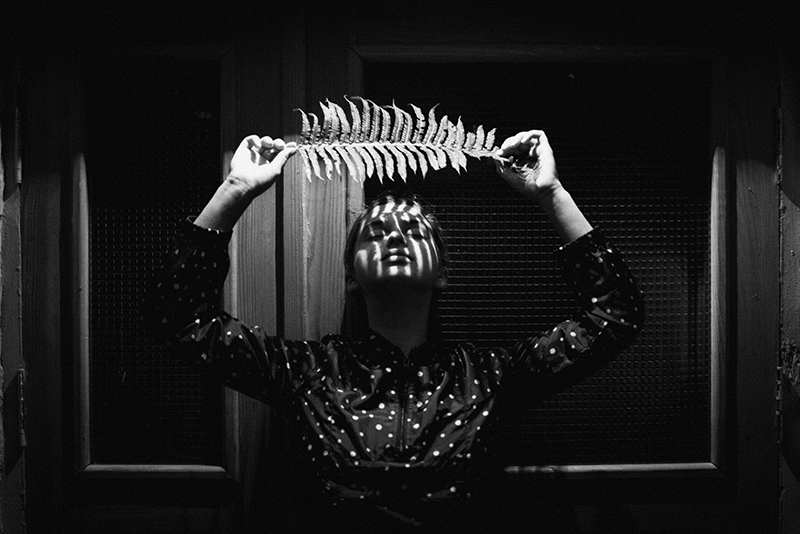Imagine locking yourself in a bubble and floating around a huge spacious sky. You brush with the cold breeze at dawn, scorching sun during the day, float around with the soothing breeze at dawn. When it’s autumn you see dried leaves falling from the trees, when it’s winter you see snowflakes and when it’s spring you see beautiful flowers blooming when you look down from your floating bubble. But every time you extend your hand to either feel the breeze or the falling dead leaves or the snowflakes or the flowers, your bubble draws you to close. Because of the bubble you locked yourself in; you conjure up the dynamics of universe but fail to experience its dynamic reality. Much of the same happens due to your traumatized ego mind. Your ego mind captures a picture of you, your human environment, your interacting environment and your perception of the world based on your traumatic and negative childhood experiences. This eventually locks you up in a bubble supposing to fend off further repetition of such events as a defense mechanism but simultaneously forestalls your capacity to counterbalance the dynamics of your experience and reality.
Ever seen a child not playing a slide or a swing anymore just because they fell down? The ordeal lies in the unconscious mind. Falling while playing is projected in and through your conscious mind: the sensation of fall, the resulting wound and its memory is fitted inside your conscious mind, within your awareness making it easy to process and get past of. However, building up your sense of identity, taking up values and norms, creating a boundary for achievement, intelligence, emotional manifestation, relationships, learning awareness and shaping your personality sums up the action of unconscious mind; the denominator of ego mind using the same inputs from your conscious experiences. Your journey from ego-centric stage during childhood and self-constructed ego state through adolescence and adulthood carves your ego sharp to protect you and to defend your identity but this defense mechanism is infamous in having a reverse effect as well. This most likely happens when your mind overcompensates for your naïve perception creating a gap between your experience and reality. To bridge the gap here, mindfulness comes into play.
Mindfulness is a state of being aware and acting respectively. It builds a strong connection between body and mind creating an aligned reflex to both experience and reality. An integral role of mindfulness in softening the ego is OBSERVATION. This pioneer step might be difficult because of ego’s correlation to unconscious mind: getting through it requires patience and dedication. Next step is relaxing your brain. Hyper control and hyper decisiveness state of ego when it’s triggered requires mental and spiritual peace. Get your mind and body connected by relaxing yourself in a silent place. Start with closing your eyes and breathing slowly. Successive is breaking your ego bubble and affirming access to new experiences. For this communication with ego, striking a balance between both relaxed and triggered state is important.
Start off by first interacting with a relaxed ego mind. Try to have a friendly encounter with it. Name it, assure it and affirm it as an entity that is separate from your identity. Then move on to meeting the triggered ego. For an instance let us say you come home tired and the first thing your father tells you is to make tea for him. This will surely rage you up. Here your ego comes into play in the form of anger to defend you from feeling unconsidered. Meeting it and being aware about the motive of this emotion helps in separating your identity (who you are) from your ego mind. But don’t do this instantly, take your time, build connection and awareness with your ego first. Then the final step is to appreciate your ego. Whatever it does, you can’t ignore that fact that it’s your guardian angel, your knight in the shining armor. It needs enough praise for never letting its guard down.
Mind and body must go hand in hand and so do action and outcomes. When in triggered state, all of them are in a countervailing phase which might result in a sudden outburst of an emotion or a distorted perception of experiences. The scientific way of dealing with such instances is very easy yet requires lots of energy; breathing. Be aware of your breathing, take a long breathe in and breathe out with pauses, relax your shoulder blades, remove your tongue from the roof of your mouth, clear your mind and reboot.
–Ojasbi Bhattarai


